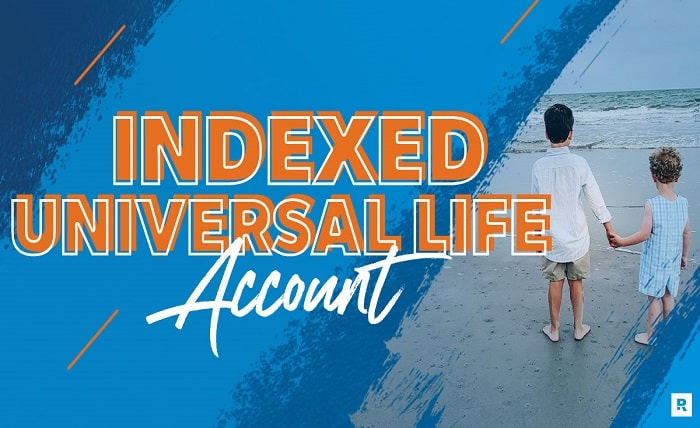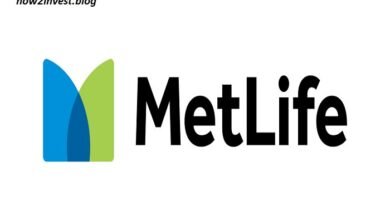The Risks and Drawbacks of Indexed Universal Life Insurance

Indexed universal life insurance (IUL) is a type of permanent life insurance that offers some exposure to the stock market without the downside risk. However, this type of policy also has several disadvantages that may make it a bad investment for some people. In this article, we will explain how IUL works, what are its pros and cons, and who should avoid it.
How IUL Works
IUL is a hybrid product that combines the features of term life insurance and cash value life insurance. Term life insurance provides a death benefit for a specified period of time, usually 10 to 30 years. Cash value life insurance provides a death benefit for the entire life of the policyholder, as well as a savings component that accumulates cash value over time.
IUL is a form of cash value life insurance that links the growth of the cash value to an equity index, such as the S&P 500 or the Nasdaq 100. The policyholder can choose how much of the cash value to allocate to the index account, and how much to allocate to a fixed account that earns a guaranteed interest rate.
The index account does not directly invest in the stock market, but rather uses options contracts to track the performance of the index. The policyholder can benefit from the market gains up to a certain limit, called the cap rate. For example, if the cap rate is 10%, and the index returns 15%, the policyholder will only receive 10% as interest credit. On the other hand, if the index drops in value or remains flat, the policyholder will not lose any money, but will receive a minimum interest rate, called the floor rate. For example, if the floor rate is 0%, and the index returns -5%, the policyholder will still receive 0% as interest credit.
The policyholder can access the cash value through withdrawals or loans, which are tax-free up to the amount of premiums paid. However, withdrawals and loans will reduce the cash value and the death benefit accordingly. The policyholder can also adjust the amount and frequency of premium payments, as long as there is enough cash value to cover the cost of insurance and other fees.
The Pros and Cons of IUL
IUL has some advantages over other types of life insurance, such as:
- It provides permanent coverage as long as premiums are paid and there is enough cash value in the policy.
- It offers some exposure to the stock market without risking losses due to market downturns.
- It allows tax-deferred growth of cash value and tax-free access to cash value through withdrawals or loans.
- It offers flexibility in premium payments and death benefit adjustments.
However, IUL also has some disadvantages that may outweigh its benefits, such as:
- It has higher fees and commissions than term life insurance or other types of cash value life insurance.
- It has lower returns than direct investments in the stock market due to cap rates and participation rates that limit the upside potential.
- It has no guarantees on premium amounts, cap rates, floor rates, or index performance, which can change at any time at the discretion of the insurer.
- It has complex rules and calculations that make it difficult to understand and compare with other products.
- It has surrender charges that penalize early withdrawals or cancellation of the policy.
Who Should Avoid IUL
IUL is not suitable for everyone, and may be a bad investment for some people who:
- Need a simple and affordable way to provide financial protection for their dependents in case of premature death.
- Want to maximize their returns from investing in the stock market without paying high fees or sacrificing liquidity.
- Have other sources of tax-advantaged savings or income for retirement, such as 401(k), IRA, Roth IRA, or annuities.
- Are not comfortable with taking on additional risk or uncertainty associated with IUL policies.
Read more about: parivahan-sewa.com
Conclusion
IUL is a type of permanent life insurance that offers some exposure to the stock market without risking losses due to market downturns. However, it also has higher fees, lower returns, no guarantees, and complex rules that may make it a bad investment for some people. Therefore, before buying an IUL policy, it is important to understand how it works, what are its pros and cons, and who should avoid it. For more information about IUL policies and their alternatives, you can consult with a financial advisor or check out some online resources.
Read more about: universenews24



